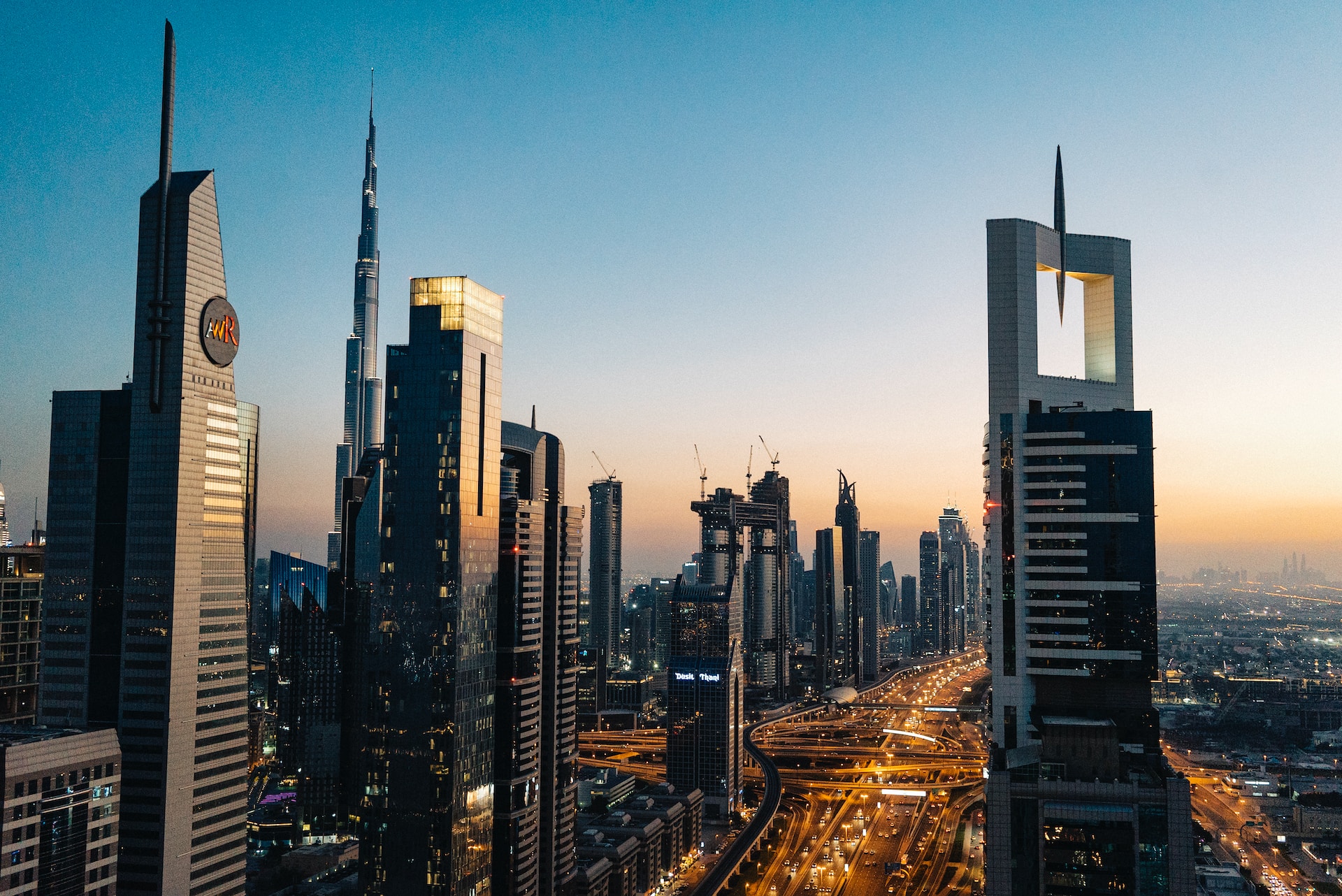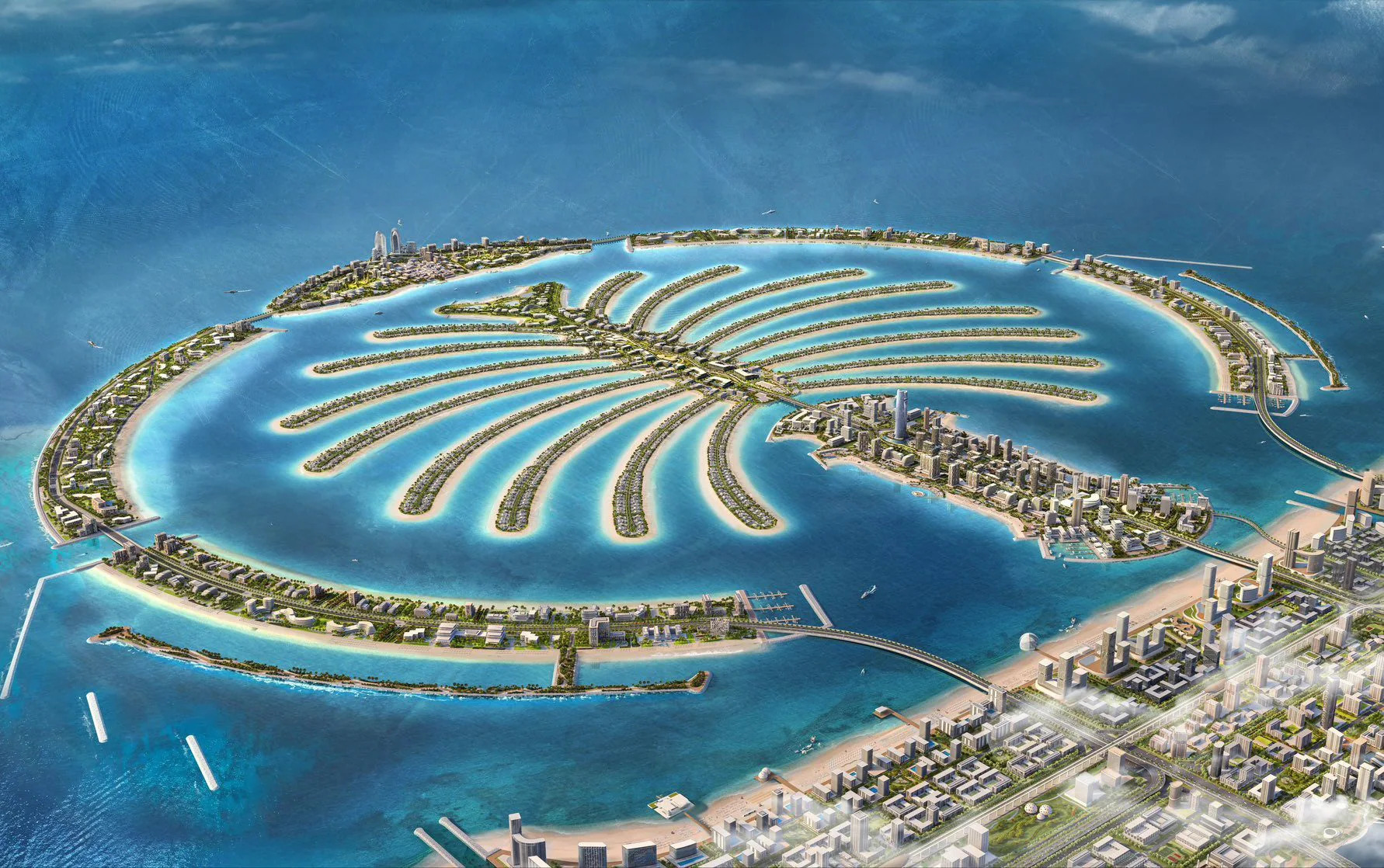
The outlook for Dubai’s real estate sector signals a potential shift in the coming year, with projections hinting at a moderation in the market. Anticipated to expand by five to seven percent, the sector is expected to witness a deceleration in price increases and a slight reversal over the next 12-18 months, with declines not exceeding 5 to 10 percent, according to industry analysts.
Villas in Dubai have reportedly exceeded previous peak levels, showcasing robust performance, while apartments lag behind at 10 to 20 percent below their previous highs due to historical oversupply in the market.
Dubai’s real estate sector has consistently defied global trends since 2021, experiencing double-digit annual price increases and setting records in pre-sales. Foreign investors, particularly high net worth individuals, continue to be a driving force behind the demand for prime properties in Dubai. This resilience has shielded Dubai from external pressures emanating from the sluggish global economy.
Dubai’s diversified economy is a key factor contributing to the market’s strength, performing well despite higher funding costs for corporates and lingering inflation, which remains below the global average. Economic growth in Dubai is expected to average around 3 percent over 2023-2024, following the post-pandemic recovery that witnessed an average growth rate of 5 percent in 2021-2022.
Looking ahead, sectors such as hospitality, wholesale and retail, and financial services are anticipated to drive growth in 2024-2025. However, a different trajectory is expected for the real estate sector, which is likely to experience a period of deceleration in the next 12-18 months after a strong performance in 2023.
Positive demographic trends further support Dubai’s real estate narrative, with a population growth of over 2 percent, reaching 3.6 million according to the Dubai Statistics Center (data as of September 2023). International visitor numbers are also on the rise, with Dubai International Airport handling over 41 million passengers in the first half of 2023, surpassing figures from 2019. This resurgence positions Dubai on track to achieve 17 million visitors per year, signifying a complete recovery in just three years.
Despite these positive indicators, caution is advised due to a potential mounting risk of a cyclical reversal as real estate prices continue to rise. The report anticipates a deceleration in pre-sales, with developers expected to adapt their offerings to evolving demands. The launch of prime properties, including branded residences, is anticipated to cater to the resilient demand from high net worth individuals. Additionally, a shift towards smaller units is foreseen as the price per square foot becomes relatively expensive, aligning with a growing trend among buyers to downsize spaces—a notable departure from the earlier preference for larger properties following pandemic-related restrictions.
Share This Story, Choose Your Platform!
continue reading



